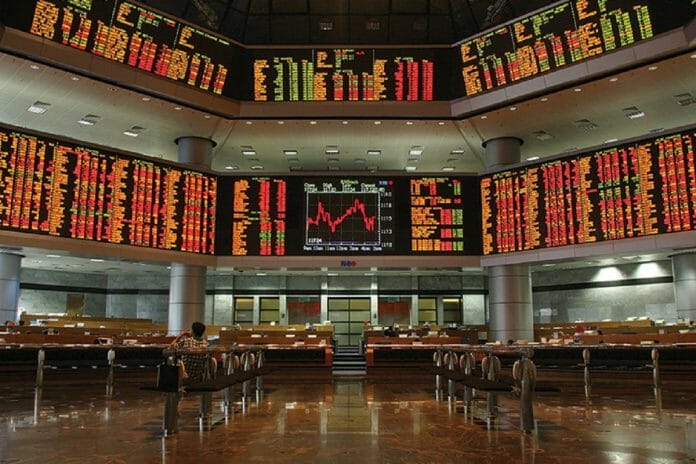What now? Instead of a Brave New World, Malaysia has found itself in uncharted political waters in the aftermath of the 15th general election (GE15), where no single coalition has secured enough parliamentary seats to form a government. This outcome constitutes a worst-case scenario for markets said RHB Research in its analysis of the election outcome and possible effect on the markets. Investor sentiment is likely to remain clouded when markets reopen – depending on the duration of the power vacuum, the quality of the Cabinet members, and the parliamentary majority of the eventual government that will determine its ability to institute reform.
What happened? Of the 220 (out of 222) parliamentary seats contested, Pakatan Harapan (PH) captured the biggest bloc of 82 seats, while Perikatan Nasional (PN) surpassed expectations, winning 73 seats. GE15’s biggest loser was Barisan Nasional (BN), which saw the worst performance of its political history – winning just 30 of 178 seats contested. Gabungan Parti Sarawak (GPS) won 22 seats, while Gabungan Rakyat Sabah (GRS) scored six, Parti Warisan three, and others, four seats. A coalition of coalitions now needs to be cobbled together. Istana Negara, the National Palace, has instructed the political coalitions to revert by 2pm on 21 Nov on the combination of political parties and coalitions that can form the next government, including their proposed candidates for Prime Minister.
What next?
Whichever coalition gets to form the next government will have their work cut out. Investors will be looking closely if it will be able to offer political stability and policy continuity. The global macroeconomic challenges in 2023 will require a swift re-tabling of Budget 2023, the establishment of key government economic priorities, initiatives to rationalise subsidies, and proposals to broaden the tax base and institute economic reform. The quality of the Cabinet members and members of the administration must be adequately credible, so as to gain the confidence and trust of the business community and win over both foreign and local investors. Also an important measure to unite the country, given the deep-seated political divisions that are increasingly evident.
Risks of the propensity of the government to continue implementing populist policies – rather than the hard decisions that need to be taken in view of the country’s long-term interest – could depend on the size of the parliamentary majority enjoyed by the government.
The research house expects the equity market to trade cautiously in the coming week. While a hung parliament was the base-case scenario, the strong electoral performance by the PN coalition was a surprise, and expects regulatory risks to spike higher especially for the gaming, brewery, and tobacco sectors.
Investors could remain wary of construction-related stocks, given the sector’s dependence on policy implementation. If an extended power vacuum ensues or if the new government’s policy position on infrastructure remains vague, the KLCON index could face a sell-off to reflect the political uncertainty. Further out, investors should re-focus on fundamentals, with a preference for non-politically aligned, large-cap value stocks









